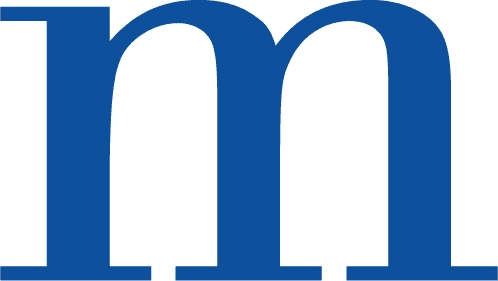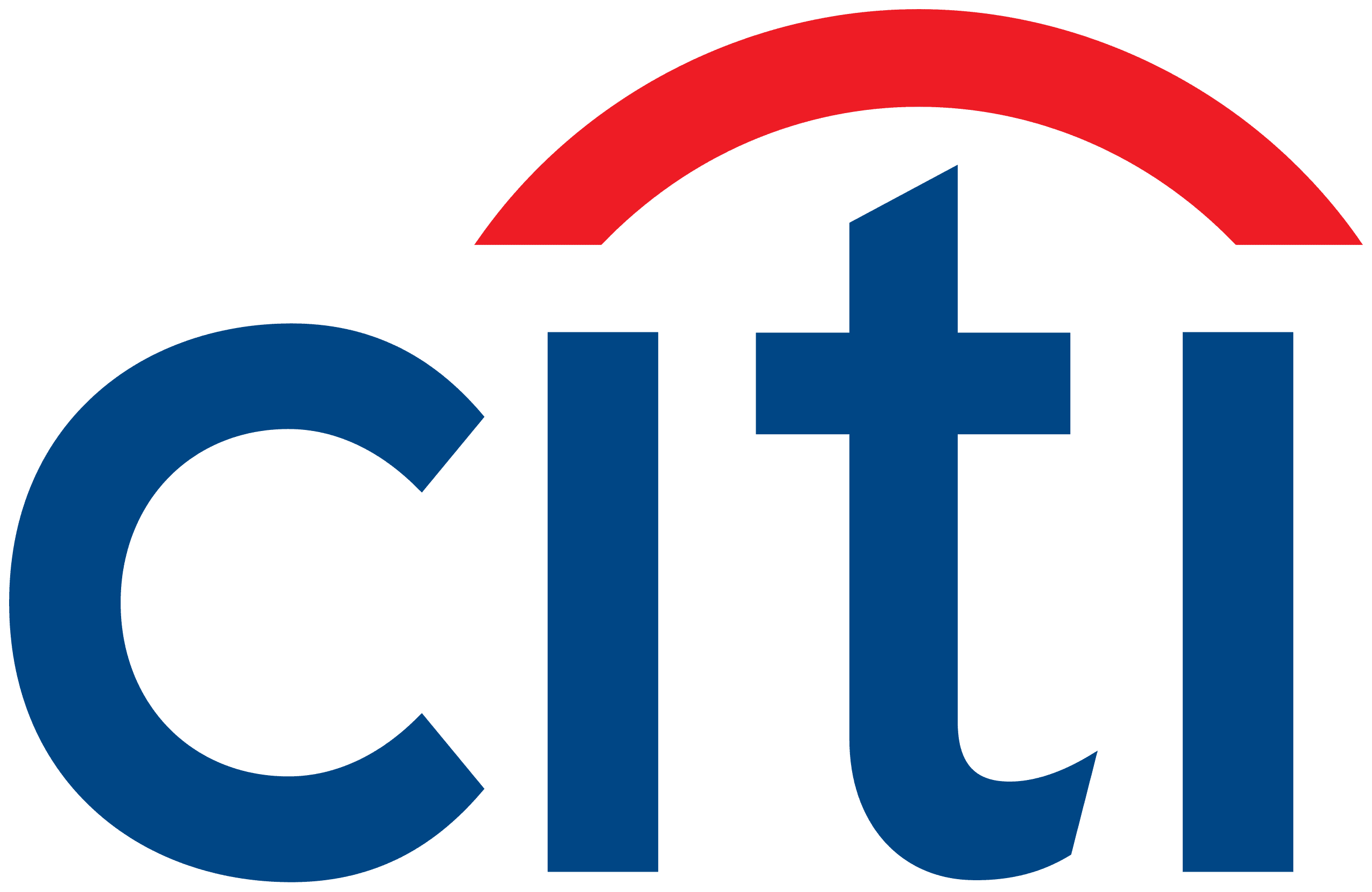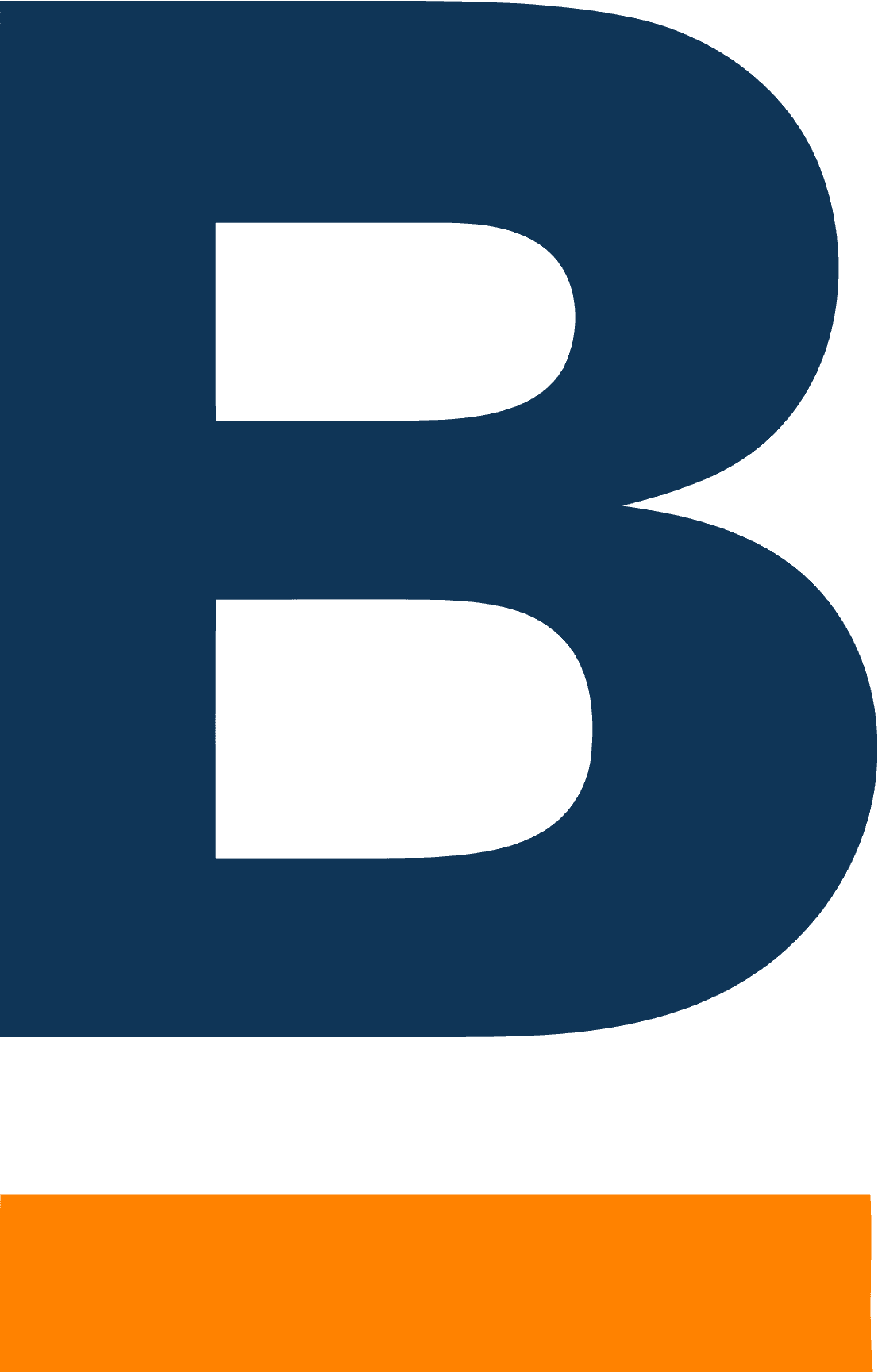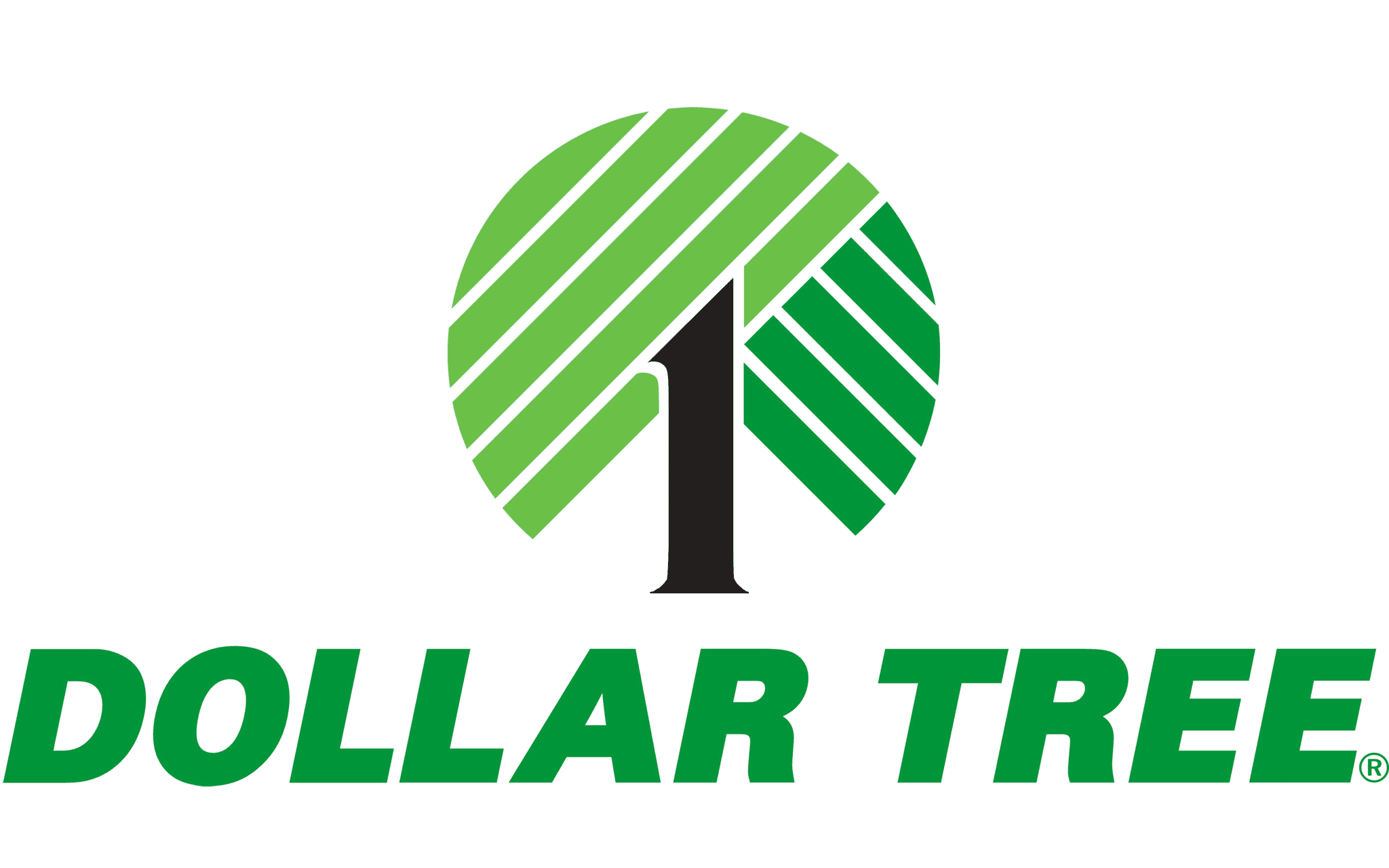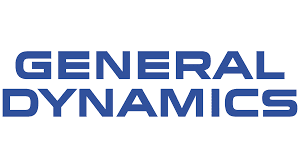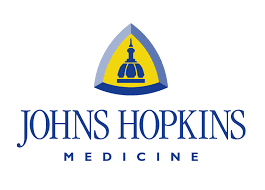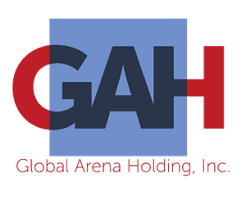Quality Assurance Professional Practices Continuous Improvement
Why Partner with Us?
With a commitment to excellence and a client-centered approach, we’re dedicated to helping you build or enhance an internal audit function that is resilient, forward-thinking, and capable of delivering measurable results. Let us help you transform challenges into opportunities and create lasting value for your organization.
See the full scope of activities we offer:
Internal Quality Assurance Reviews
Ongoing Monitoring: Regular, real-time monitoring of internal audit engagements to ensure adherence to internal standards, methodology, and regulatory requirements.
Periodic Self-Assessments: Structured evaluations conducted periodically by the internal audit team to review and verify that audit processes align with industry standards and objectives.
External Quality Assurance Reviews
Independent Assessment: Engaging a third-party reviewer to conduct a formal external quality assurance review every three to five years to verify the internal audit function’s alignment with the International Standards for the Professional Practice of Internal Auditing.
Benchmarking Against Best Practices: Comparing internal audit practices against industry peers to identify gaps and improvement opportunities.
Stakeholder Feedback and Engagement
Audit Committee and Executive Feedback: Regular collection of feedback from key stakeholders, such as the audit committee, executives, and department heads, on the performance, relevance, and effectiveness of the internal audit function.
Client Surveys: Post-audit surveys for audited entities to gather insights on the quality, relevance, and value of the audit process and outcomes.
Documentation and Reporting Standards
Audit File Review: Ensuring audit files are complete, accurate, and comply with documentation standards.
Reporting Consistency Checks: Verifying that audit findings and reports are presented clearly, consistently, and in alignment with the department’s established standards.
Training and Competency Development
Continuous Learning Programs: Implementing ongoing education and training to ensure internal auditors remain informed on the latest industry trends, standards, and tools.
Skills Assessments: Periodic evaluations of auditors’ skills and knowledge, identifying areas for further training or development to enhance audit quality.
Methodology and Process Optimization
Audit Process Standardization: Developing and refining standard operating procedures to streamline audit processes, reducing variability and enhancing quality.
Tools and Technology Integration: Evaluating and implementing audit management tools and data analytics to increase audit efficiency, accuracy, and depth of analysis.
Risk-Based Audit Planning and Execution
Annual Audit Planning: Aligning the audit plan with the organization’s risk profile and strategic priorities to ensure that audits focus on the most critical risk areas.
Engagement-Level Risk Assessments: Tailoring each audit engagement’s scope and objectives to address the specific risks associated with each audit area.
Quality Reporting and Continuous Improvement
Quality Metrics Reporting: Tracking and reporting on key QA metrics, such as audit cycle time, report quality, stakeholder satisfaction, and compliance with audit standards.
Root Cause Analysis: Identifying the root causes of recurring audit findings or process inefficiencies and implementing corrective actions.
Action Plan Follow-Ups: Monitoring and validating that management's corrective actions are effective and sustainable, ensuring accountability and continuous improvement.
Work With Us!
Let's connect and discuss your audit and internal controls needs today!
Contact Us
